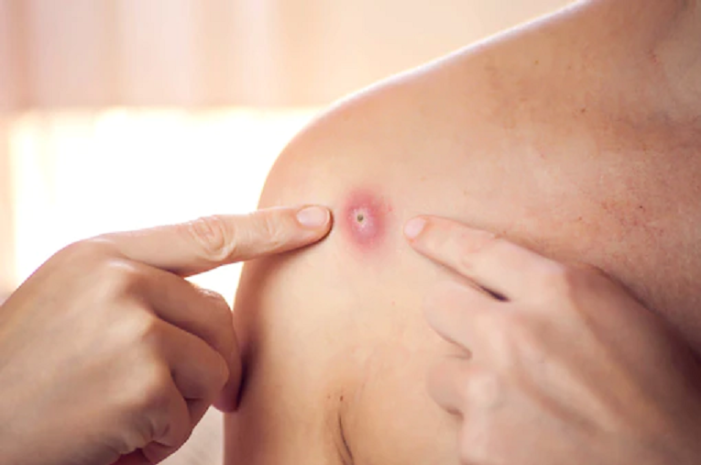More Monkeypox Cases Identified as Roche is Ready With PCR Tests

There had been 584 confirmed cases of monkeypox virus in 26 countries as of May 31, 2022.1 The largest outbreak is in the United Kingdom where 190 people are infected with the virus, followed by Spain with 132 people infected, and Portugal with 100 people infected. Before this year, monkeypox in humans was thought to be mostly confined to certain areas of Africa.
Although most of the monkeypox cases are being identified in the European Union, as of June 2, the U.S. Centers for Disease Control and Prevention (CDC) has confirmed a total of 21 cases in 11 U.S. states.2 So far, most cases have been mild and there have been no reported deaths from the disease.3
Roche Develops Quantitative Polymerase Chain Reaction Tests to Detect Monkeypox Virus
In response to the current monkeypox outbreaks, Roche, a Swiss pharmaceutical company and its subsidiary TIB Molbiol, have developed a series of three test kits that utilize a quantitative Polymerase Chain Reaction (qPCR) technology. The tests kits are known as the LightMix® Modular Virus kits.4
The first LightMix® Modular Virus kit detects orthopox viruses, including all monkeypox viruses from both the West African and more severe Central African (Congo Bason) clades of the virus. The second kit is a test specifically detecting West or Central African monkeypox viruses only. A third kit simultaneously detects orthopoxviruses, in addition to detecting whether a monkeypox virus is present or not (West African and Central African).5
Currently, the test kits are only available for research use in the majority of countries around the world.6
The World Health Organization (WHO) states that PCR tests for orthopox viruses collected from skin lesions are the preferred laboratory test due to its accuracy and sensitivity. The WHO does not recommend PCR blood tests because of the short duration of viremia relative to the timing of specimen collection after symptoms begin, which can make PCR blood tests inconclusive.7
CDC Exploring Ways to Expand Monkeypox Tests to States
In response to the growing number of monkeypox cases being identified globally and in the U.S., the CDC said it is looking for ways to expand specific monkeypox PCR testing to all states.8
In the United States, there are 74 laboratories across 46 states as part of a network known as the Laboratory Response Network (a group of state, local, veterinary, and military laboratories used to test for biological or chemical threats) that utilize a generalized U.S. Food and Drug Administration (FDA) approved test for orthopoxviruses, which includes monkeypox, smallpox and other viruses. The samples are then sent to the CDC to confirm the type of virus. CDC said there are currently 7,000 tests available per week with the potential to increase if needed.9
Jennifer McQuiston, DVM, deputy director of the CDC’s Division of High Consequence Pathogens and Pathology said:
It’s not an easy matter to shift the tests out to the states. And I think we’re actively exploring what it would take. I’ll just tell you that we’re committed to, if it’s possible, doing it as quickly as we can.10
The CDC is facing questions about whether its testing and detection protocol for monkeypox might prolong early detection of the virus and, as a result, delay contact tracing to prevent transmission. The scrutiny stems from the beginning of the COVID-19 pandemic when inaccurate PCR tests and slow regulatory action delayed the ability to prevent the spread of the SARS-CoV-2 virus.11
In response to these questions, the CDC said that it has provided guidance on treating any suspected cases as presumptive cases, providing immediate treatment, and launching contact tracing without waiting on CDC’s confirmation to proceed with treatment.12
If you would like to receive an e-mail notice of the most recent articles published in The Vaccine Reaction each week, click here.
Click here to view References:
No comments:
Post a Comment